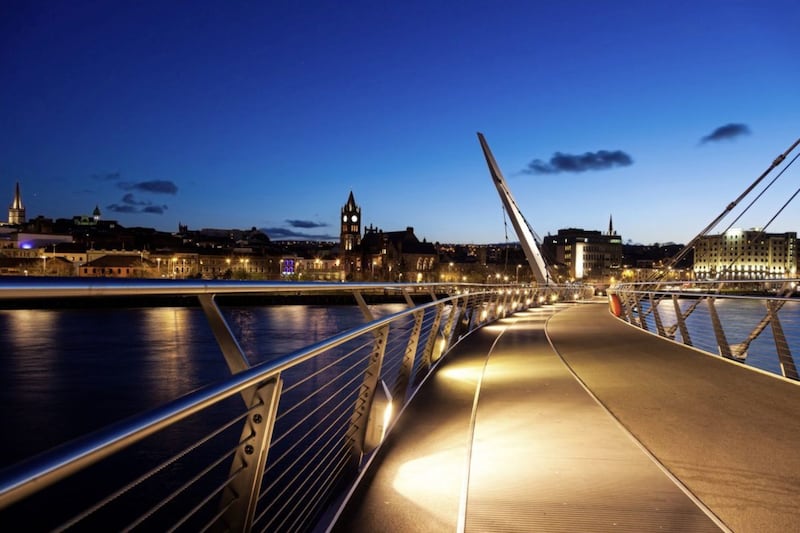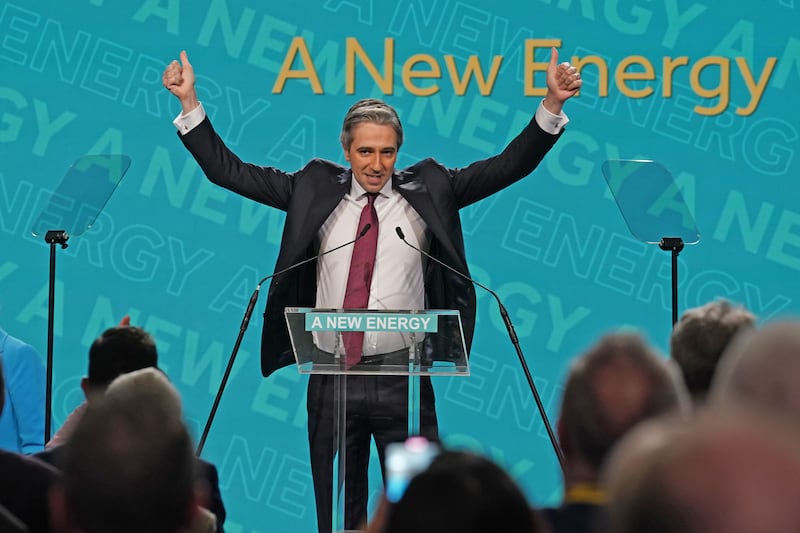It will hardly come as a surprise that Jeremy Corbyn, a lifelong opponent of nuclear weapons, continues to hold that view now that he is leader of the Labour Party.
Indeed, in an era when it can be difficult to identify what senior British politicians actually believe in, it is refreshing to find a figure prepared to nail his colours firmly to the mast.
However, while an independently-minded backbencher can get away with voicing opposition on a matter espoused by the majority, it is a lot trickier when it is the leader who is at odds with party policy.
Mr Corbyn now finds himself in that position on the issue of Trident.
The fact that a serious row is developing over nuclear weapons is something that has an air of unreality about it.
Readers of a certain age will remember Cold War alarm over nuclear attack, marches organised by the Campaign for Nuclear Disarmament (CND) and protests at Greenham Common over the deployment of American missiles.
But as Mr Corbyn points out, the Cold War is over and a younger generation may be slightly bemused at this focus on something which many believed had long faded as a hot political issue.
What this issue does is put the spotlight on divisions within the Labour Party, with members of the shadow cabinet openly critical of their leader.
Reports suggest Mr Corbyn and his supporters wanted the Labour conference to debate Trident but failed to get key support, particularly from the trade unions concerned about safeguarding defence jobs.
Following a landslide victory in the leadership contest, Mr Corbyn has had something of a bumpy ride. He wants to see ``kinder politics'' and a more caring society and those aspirations have to be applauded.
But politics, especially at the highest level when real power is at stake, is a tough and bruising business.
While Labour tries to get its act together, it is the Conservatives who will be watching with glee.






